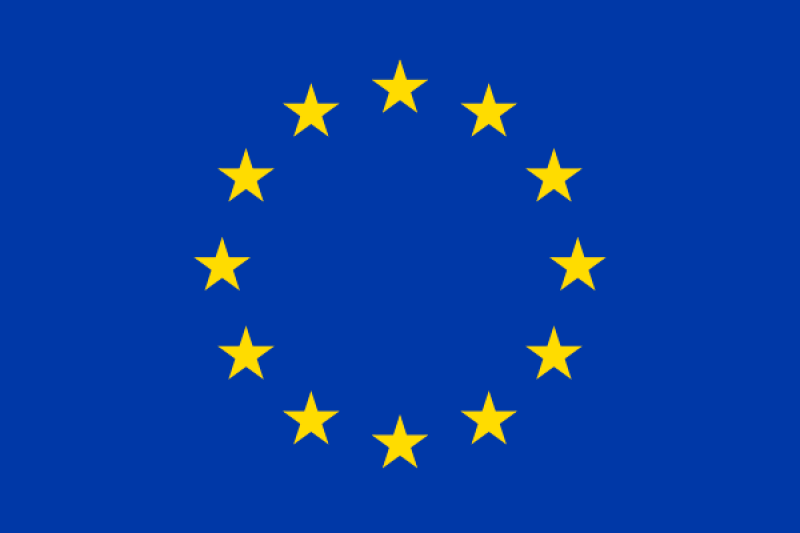
Meeting in Brussels, the European Parliament, Council and Commission reached a provisional agreement on reform of the EU Trade Marks Directive, CTM Regulation and allocation of OHIM’s accumulated surplus.
The full details of the agreement, including the wording of the legal revisions, are expected to be published shortly. INTA has weighed in on the provisional agreement on the INTA Blog and will provide additional coverage in the May 15 issue of the INTA Bulletin.
INTA has been closely involved in the discussions regarding the reform, alongside other trademark users’ groups, and senior INTA staff were in Brussels ahead of the April 21 meeting to speak to officials and the media.
Writing on the INTA Blog, President J Scott Evans said he welcomed a number of aspects of the agreement. He said the planned 36% reduction in CTM renewal fees, which will bring the cost down to €850 for one class (e-filing) was “excellent news for brand owners and something that INTA has been advocating for since 2007.”
He added that the reforms would also provide “stronger ways to combat counterfeit goods in transit” and adapt the classification system to comply with the IP Translator case and the Nice system, while providing a fair temporary exception for trademarks filed when the classification rules were different.
The agreement also deals with OHIM’s accumulated surplus, which stands at more than €300 million, by establishing a mechanism to “offset” 5% of OHIM’s revenue to national offices for CTM-related activities and procedures. This proportion can be increased to 10% if OHIM continues to accumulate a surplus.
INTA Chief Executive Officer Etienne Sanz de Acedo said INTA would closely monitor how the money from OHIM’s surplus is distributed and spent: “INTA members’ perspective is simple: We are talking about fees not taxes, and these have been over market price. Instead of diverting those to general budgets, we should look at how to invest that money in improving the performance and efficiency of the trademark system.”
The reform is also expected to require national IP offices in the EU to ensure they provide administrative cancellation proceedings, though the harmonization does not go as far as many trademark users hoped. “INTA would have appreciated the inclusion of bad faith as a relative ground for refusal as well as immediate implementation of opposition and cancellation administrative procedures at the national level in all member states (as opposed to the seven year transition period the provisional agreement mandates),” said Evans.
The provisional agreement, which will also see OHIM renamed the EU IP Office, must now be endorsed by the European Council and the Legal Affairs Committee of the European Parliament before a full vote in the European Parliament. This could happen in September this year.










